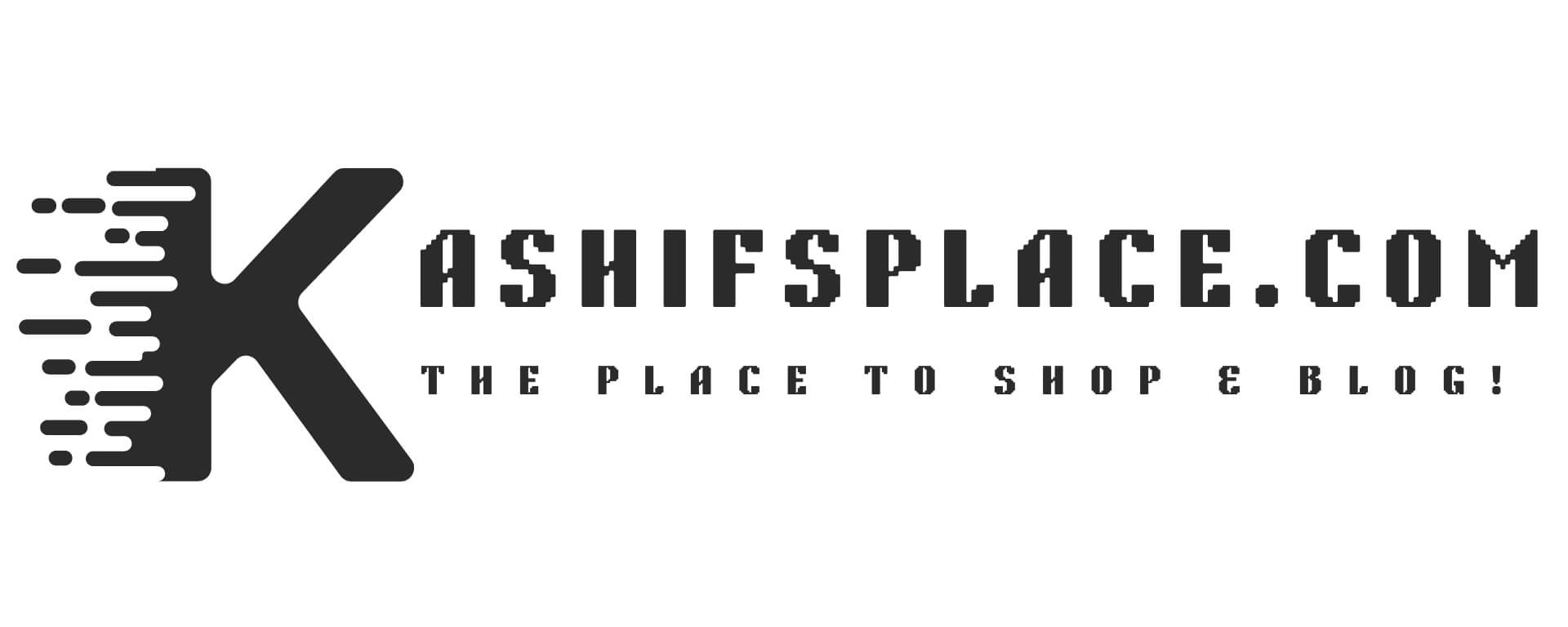In the ever-evolving digital world, your website serves as the primary face of your business. It is your digital storefront where your business and its offerings are showcased. It underlines the importance of optimizing your website content for search engines – a process known as Search Engine Optimization (SEO).
Understanding SEO and Its Importance
Definition of SEO
SEO is a multi-pronged approach to boost your website’s visibility. When people look for products or services related to your business on search engines like Google and Bing, a well-implemented SEO strategy can propel your website toward the top of the search engine results page (SERP). It incorporates various methods, techniques, and tactics to drive more visitors to your website.
Why SEO is Crucial for Your Website
But SEO is more than just search engine appeal. It’s about decoding the online behavior of potential customers – what they’re searching for, their queries, their choice of words, and the type of content they consume.
Understanding this allows your business to establish a potent connection with people looking for your solutions. Thus, SEO is crucial because it drives more traffic and boosts your online visibility, leading to business growth.
Keyword Research for SEO
Keyword research for SEO is a crucial first step in optimizing your website for search engines. It involves identifying famous words and phrases people enter into search engines related to your business or industry. By understanding these keywords, you can design your content to cater to your audience’s needs, improving your site’s visibility and rankings.
Importance of Keyword Research
The bedrock of SEO is keyword research. It enables you to understand the language your potential customers use while searching for the products, services, or information you provide. This understanding fosters effective communication with your audience.
Tools for Effective Keyword Research
Many tools are available to identify the right keywords for your business. Prominent among them are Google Keyword Planner, SEMrush, Ahrefs, and Moz’s Keyword Explorer. These tools provide invaluable insights into keyword volume, competition, and related keywords.
Implementing Keywords in Your Content
After curating a list of keywords, the next step is strategically incorporating them into your website content. It includes various elements of your website, such as titles, meta descriptions, headers, body text, URLs, and alt text.
SEO-friendly Content Creation
SEO-friendly content creation is about crafting content that both your audience and search engines will love. It involves using relevant keywords naturally within your content, ensuring it provides real value, and adhering to optimal practices like proper header use and maintaining a suitable word count.
This strategy enables your content to rank higher in search engine results, thus increasing your online visibility and reach.
Quality of Content
At the core of SEO-friendly content is its quality. Your content should be value-driven, addressing the audience’s needs in an informative and engaging manner. Originality is also paramount, as duplicate content issues can harm your SEO efforts.
Content Structure and SEO
Content structure is crucial for SEO. Well-structured content is easily readable, with clear headings and subheadings (H1, H2, H3, etc.), concise paragraphs, bullet points or numbered lists, and ample white space. In addition to improving user experience, a good structure makes it easier for search engines to crawl and understand your content.
Incorporating relevant keywords into your headings and subheadings is also beneficial, as search engines prioritize keywords found in these places. Lastly, a logical flow of information from the introduction to the conclusion aids user comprehension and SEO.
Using Keywords in Your Content
While incorporating keywords into your content, it’s essential to maintain a natural and balanced approach. An overload of keywords, known as “keyword stuffing,” can lead to search engine penalties.
Moreover, context matters as much as frequency. Search engines prioritize the relevance and quality of your content, so keywords should align with the subject matter. Also, consider the strategic placement of keywords in title tags, meta descriptions, and headers for optimal SEO benefits.
On-Page SEO Techniques
Meta Descriptions and Title Tags
Meta descriptions and title tags form the heart of on-page SEO. They assist search engines in understanding your page’s content and influence click-through rates. Therefore, crafting engaging and relevant meta descriptions and titles is crucial.
URL Structure
A clean, SEO-friendly URL is brief, relevant, and includes your target keyword. Such a URL structure enhances user experience and facilitates search engine crawling. Additionally, using hyphens to separate words in the URL aids readability for both users and search engines.
Avoid unnecessary characters, numbers, or complex jargon that could confuse readers. Remember, a simple and descriptive URL structure can significantly impact your page’s SEO performance and click-through rates.
Alt Text for Images
Alt text, used within HTML code, describes the appearance and function of an image on a page. It helps search engines understand the image content. As a critical aspect of visual SEO, it’s especially beneficial for users who use screen readers.
The Role of Website Structure in SEO
Mobile Responsiveness
In an age where mobile devices dominate internet usage, having a mobile-responsive website design is crucial. This design adapts to the device used for viewing, be it a desktop, tablet, or smartphone. Mobile responsiveness has become critical for SEO as Google has shifted to mobile-first indexing.
Site Speed and SEO
The speed of your site not only affects the ranking factor but also influences user experience. Faster loading pages contribute to lower bounce rates and improved visitor retention. Moreover, as of Google’s Core Web Vitals update, site speed and other user-centric performance metrics are even more critical in SEO rankings.
Therefore, regularly monitoring your site’s speed and addressing any slowdowns, such as optimizing image sizes or reducing server response times, can significantly boost your SEO performance.
Secure Site (HTTPS)
Websites secured with HTTPS carry an SSL certificate, ensuring safe data transfer. Google rewards such secure sites with a ranking boost, underlining their significance in SEO. In addition to the SEO benefits, HTTPS also helps to build trust with your users as it signifies that their information is secure.
It is particularly crucial for sites that handle sensitive customer data, like e-commerce platforms or banking websites. Switching to HTTPS is thus an essential step towards improving your SEO and enhancing user trust and satisfaction.
Off-Page SEO Techniques
Importance of Backlinks
Backlinks are hyperlinks from other websites that point toward your website. As online endorsements, they significantly enhance your website’s authority, visibility, and search ranking. Quality is vital regarding backlinks; links from reputable, high-traffic sites hold more value than those from low-ranking or unrelated sites.
Additionally, backlinks provide a source of referral traffic and help build relationships with other businesses or influencers, broadening your network and exposure. A robust backlink profile is a cornerstone of a successful SEO strategy.
Social Media and SEO
While social media signals don’t directly impact search rankings, they influence your SEO efforts. They contribute to increased online visibility, traffic inflow, broader content distribution, and extended content lifespan.
Additionally, incorporating SEO strategies into your social media presence can improve your organic reach, keyword targeting, and overall website authority. By optimizing your social media profiles and posts, you can enhance your online presence and attract more potential customers or readers.
Guest Blogging and SEO
Guest blogging is a proven method to earn high-quality backlinks, escalate your website’s exposure, and enhance your search engine ranking. Furthermore, guest blogging allows you to tap into new audiences and establish your authority within your industry, leading to increased brand awareness and credibility.
By strategically selecting relevant and reputable blogs to contribute to, you can strengthen your SEO efforts and drive targeted traffic back to your website.
SEO Analytics and Improvement
Importance of Tracking SEO
Keeping track of your SEO efforts is pivotal in understanding the effectiveness of your strategies, identifying areas for improvement, and making informed decisions. Moreover, tracking SEO allows you to measure the impact of algorithm updates, monitor keyword rankings, analyze website traffic patterns, and evaluate the success of your content optimization efforts.
This data-driven approach empowers you to refine your SEO tactics and stay ahead of the competition in the ever-evolving digital landscape.
SEO Tools for Tracking and Improvement
Several tools, including Google Analytics, SEMrush, and Moz, provide extensive insights into your website’s SEO performance. They highlight areas for improvement, helping you fine-tune your SEO strategy.
These tools offer features such as keyword research, competitor analysis, site audits, backlink analysis, and rank tracking, enabling you to optimize your website for better visibility in search engine results pages and enhance your overall organic search performance. Leveraging these SEO tools can give you a competitive edge and drive meaningful results for your online presence.
Analyzing SEO Results and Making Adjustments
Regularly analyzing your SEO results enables you to adapt your strategy, make necessary improvements, and focus on what truly works to drive growth. By analyzing SEO results, you can identify trends, patterns, and user behavior to refine your keyword targeting, improve on-page optimization, and optimize your website’s user experience.
This iterative process allows you to stay agile in the ever-changing search landscape, maximize your SEO efforts, and achieve long-term success in organic search rankings.
FAQs
What is SEO?
SEO, or Search Engine Optimization, is a strategy to optimize a website to achieve higher rankings in search engine results. It’s about increasing both the quality and quantity of website traffic.
Why is keyword research important for SEO?
Keyword research is pivotal as it helps you understand the terms users enter into search engines. This understanding allows you to create content that matches their needs and queries.
What’s the difference between on-page and off-page SEO?
On-page SEO involves optimizing elements on your website, such as keywords, meta tags, and content quality. On the other hand, off-page SEO focuses on enhancing your website’s presence through external tactics like backlinks, social media marketing, and guest blogging.
Conclusion
In conclusion, it is crucial to recognize that SEO requires ongoing effort and is not a one-time job. Optimizing your website for mobile devices is essential as it can generate organic traffic, improve visibility, and lead to increased conversion rates.
By prioritizing mobile optimization, including mobile-friendly design, responsive layouts, and fast page load times, you can ensure a seamless user experience and position your business for long-term growth and prosperity.






























